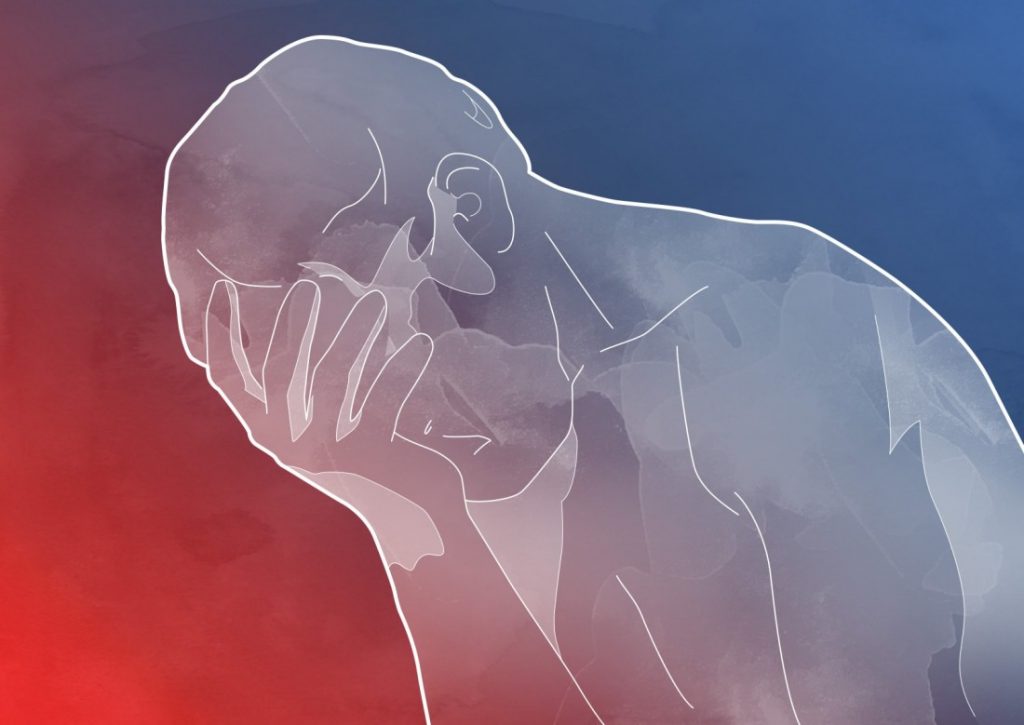
Transformation is a change in the nature of things, not simply an improvement. More clarity, more arguments, more waiting for others to change does not change anything. If transformation occurs primarily in language, then a different kind of conversation is the vehicle through which transformation occurs.
Written some years ago, you can read my initial post “Conversation and Transformation” HERE. Over the intervening years, even more so recently, conversation has been a subject of interest. Understanding the quality of conversations as a barometer of the depth and healthiness of relationships is a handy assessment tool. If you are curious about the how a relationship is fairing, start with what you talk about. If your conversations are dominated with weather or sports, for example, they may not be the person to call when your life goes south, or for that matter, if you car won’t start. (See previous post Prayer as Conversation)
During the chaos of 202o, conversation has been a balm for my troubled soul. Circumstances of social distancing, stay-at-home, et al, inherently created opportunity for conversation, out of necessity, with one or two people. I have particularly appreciated conversations with friends. In some cases, the kind of conversation described below:
I’m talking about one kind of friendship in particular, the deep friendship of intimate conversation. Long, uninterrupted talk with one other person. Not Skyping with three people and texting with two others at the same time while you hang out in a friend’s room listening to music and studying. That’s what Emerson meant when he said that “the soul environs itself with friends, that it may enter into a grander self-acquaintance or solitude.”
William Deresiewicz
Perhaps a cliche, but increasingly true in our social media saturated society, “Conversation is a lost art.”. Having a Facebook,Instagram, social media “conversation” is an oxymoron.
Conversation has been reduced from discussion and dialogue to diatribe and demagoguery. No longer an opportunity for understanding, community and relationship, conversation (?) has become a weapon to win our particular war. If “conversation is a lost art”, listening is obsolete.
I am convinced conversation can be a transforming influence for positive and lasting change in our fragmented society. Even as I say that, my default belief, … the way to change the world is to get to work solving the problems we know exist… is saying, “Conversation? You’ve got to be kidding.”
Karoline Lewis from Luther Seminary says, “We are living in a time when conversation needs to be cultivated and valued. Practiced and pursued. Longed for and lived. Without real conversation, we lack intimacy and understanding; connection and empathy. Without real conversation, we risk detachment and distance.” And it is especially important that we learn to have conversations with people that are different.
My resolve about conversation as a transforming influence for positive and lasting change was heightened by a recent study entitled “America’s Divided Mind”. You can read a summary and download the full report HERE. One particular aspect caught my attention, and relates directly to conversation. Addressing differences that divide us, the study examined perceived difference verses actual differences. The graphic below illustrates one of their findings.

There are many implications to be drawn from their findings. I had two distinct impressions, 1) I was not surprised how far apart we perceive we are. 2) I was encouraged by how far apart we actually are. To be sure, the differences are significant but a long way from what we perceive they are.
As I look at position overlap, I see great opportunity for progress. If there is that much agreement, surely the possibly of compromise, if not agreement, is within reach. As evidenced by the study, there is little or no awareness of a position overlap. The gap between perception and reality cannot be bridged by facts or data.
In a post-modern culture where perception is truth, tools of the enlightenment are obsolete. I am suggesting that the only place where position overlap can be expressed, clarified and understood is in conversation. Conversation is the crucible where the dross of misperception is burned off. Conversations matter more than ever.
Easier said than done. The challenge of engaging in conversation is daunting, but in the face of our spiraling decent into division, chaos and violence, how can we ignore an opportunity for positive change? Yes, conversation is a lost art, but it can be redeemed.
In posts to follow I will share some thoughts on how we might begin to redeem conversation.




